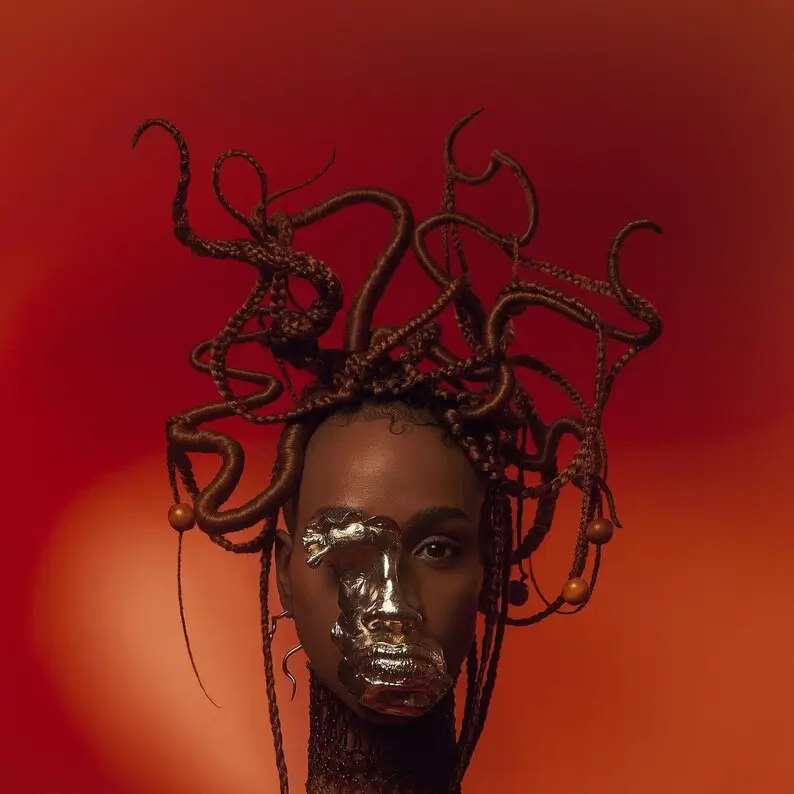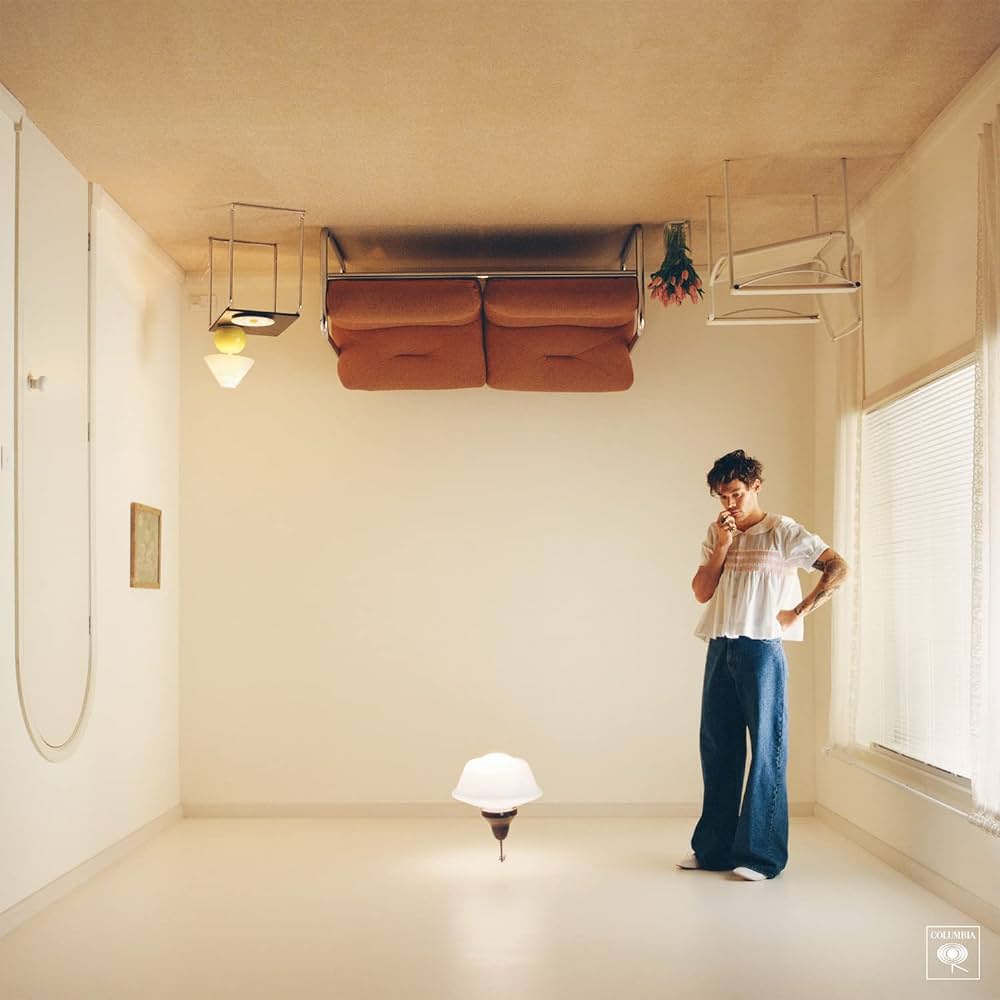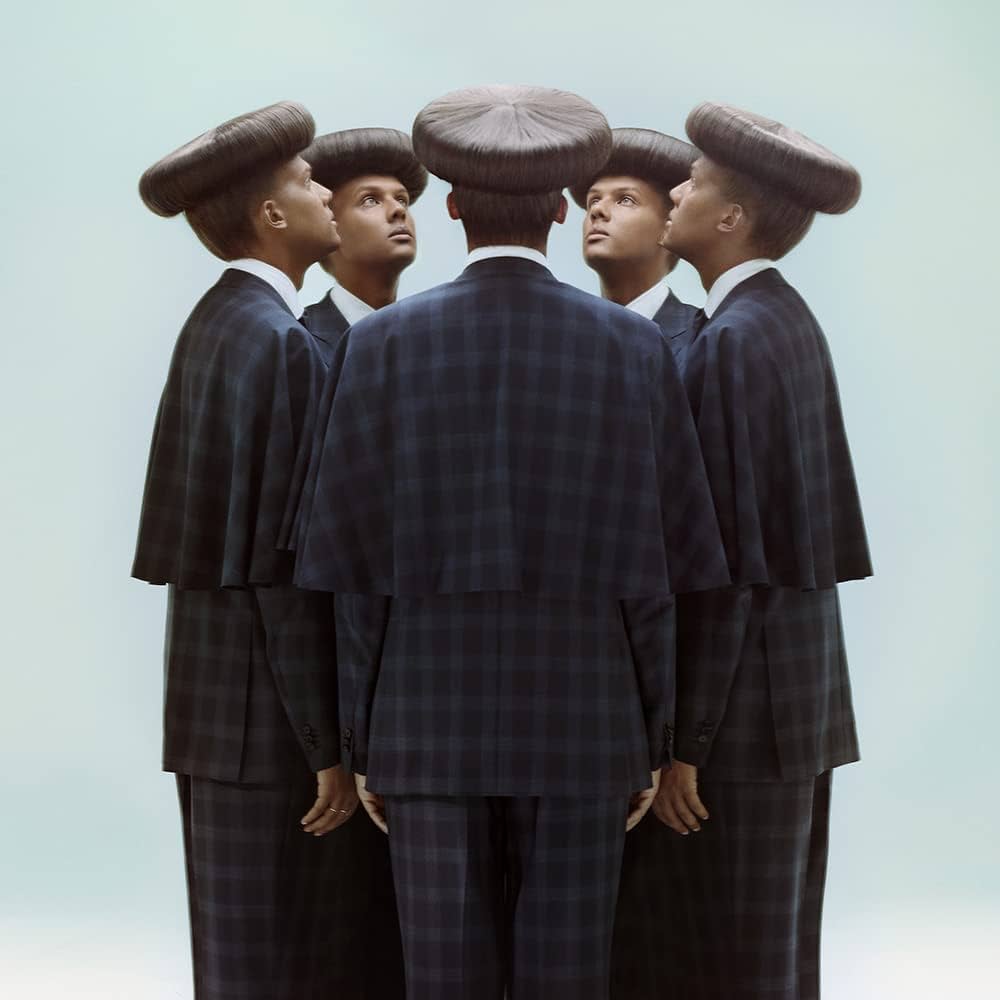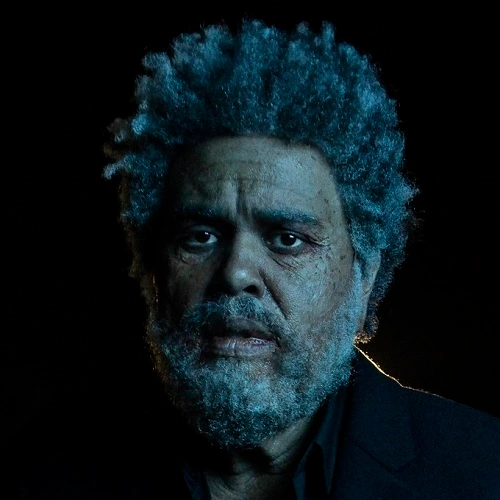Highlighted in the phenomenal edition of Big Brother Brasil 2021 (“O Big dos Bigs” haha), rapper Karol Conká was portrayed as the main villain of the reality show, nearly losing her artistic career due to the historically high level of public rejection. Seizing the situation, Globo even released the documentary “Life After the Fall,” portraying the assimilation and therapeutic process regarding what happened on the program.
Although this serves as the starting point for her third studio album, “Urucum,” the work seems to expand on what the singer has always been doing and even brings back some characteristics from the beginning of her career. Referring to the typical Brazilian fruit, Karol doesn’t directly sing about episodes from BBB or seek any kind of public forgiveness but instead utilizes themes known from her repertoire. Sometimes the ideas are cliché or from common sense, such as the “law of return” repeated in several tracks, but what really works is the artist’s essence: a highly expressive and creative rapper who uses interesting and diverse melodic foundations for her flow.
Heavily explored in her debut album “Batuk Freak,” Brazilian rhythms and instruments are used and supported in the production by Bahian producer RDD (producer and member of the group ÀTTØØXXÁ). A berimbau leads the beat in the lively “Fuzuê,” a triangle in the heavy “Cê Não Pode,” and an accordion forms the base of “Vejo o bem.” Additionally, Caribbean and Arabic music contribute to the tropical and joyful mood of most tracks, aiding in the album’s sonic cohesion and individually highlighting the songs. Karol’s various facets are presented through varied and even daring vocals, such as the choked chorus of “Vejo o bem” and the babbling in the intro of the single “Subida” – which ended up bothering my experience.
Overall, Mamacita (Karol Conká) has fun and doesn’t try to rebuild her image, making room for more sensual and calm tracks, as well as empowering and aggressive trap songs. Despite not showing much depth in the lyrics and following a creative path that is somewhat common, Karol Conká proves that her art is much greater than any attempt to silence or cancel her.
NOTA: 78





